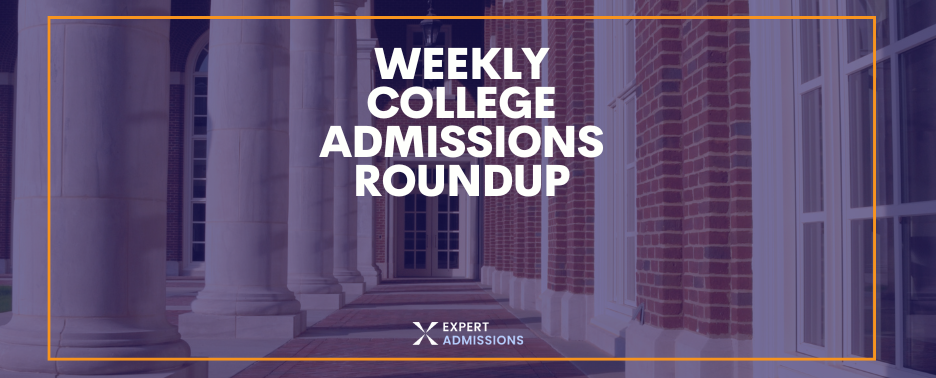
This week in college admissions, 40 colleges defeat a financial aid lawsuit accusing them of overcharging for tuition, the University of Chicago sells a major research center, a survey shows that college students are more likely to turn to generative AI than peers or tutors for help with coursework, and a judge rules that international students are entitled to First Amendment protections.
A class action lawsuit against 40 private U.S. universities, including Northwestern, Harvard, and Yale, has been dismissed. The lawsuit alleged that the defendant schools conspired to overcharge for tuition, by including noncustodial parents’ assets in financial aid decisions. It was dismissed without prejudice, allowing the plaintiffs to file an amended lawsuit in the future.
The University of Chicago has negotiated the sale of one of its most valuable research centers, the Center for Research in Security Prices. Investment research company Morningstar, Inc. will buy the CRSP for $375 million. The sale comes amidst financial woes for UChicago, which has also cut spending and paused admissions to some of its graduate programs.
A recent survey showed that college students are more likely to turn to generative AI for help with coursework, rather than asking peers or engaging tutors. Students who perceived themselves as competent in their courses were less likely to turn to AI for help, while students who saw themselves as less competent or less skilled at internet research were more likely to engage with AI tools.
A federal judge ruled that two U.S. government agencies conducted a campaign to detain and deport noncitizen students and faculty who engaged in pro-Palestinian speech, and declared those actions unconstitutional under the First Amendment. The decision affirmed that noncitizens in the U.S. are entitled to the full protection of the right to free speech.
Leave a Reply